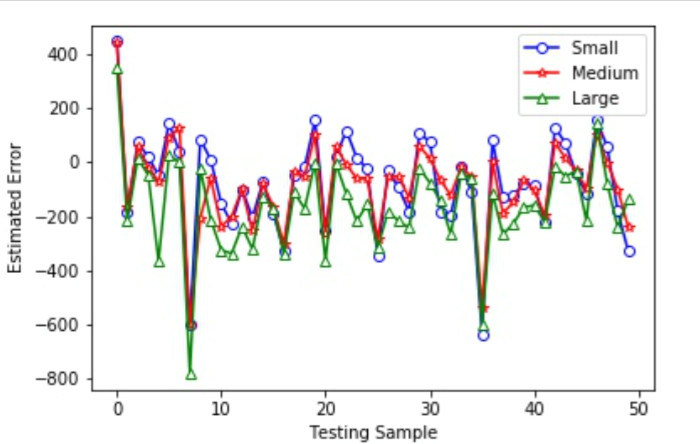Understanding Builders Loan vs Mortgage: Which Financing Option is Right for You?
Guide or Summary:Builders Loan vs MortgageWhat is a Builders Loan?What is a Mortgage?Comparing Builders Loan vs MortgageBuilders Loan vs MortgageWhen it com……
Guide or Summary:
- Builders Loan vs Mortgage
- What is a Builders Loan?
- What is a Mortgage?
- Comparing Builders Loan vs Mortgage
Builders Loan vs Mortgage
When it comes to financing your dream home, understanding the differences between a builders loan and a mortgage is crucial. Both options serve the purpose of funding a property, but they cater to different needs and circumstances. In this article, we will explore the key features, benefits, and potential drawbacks of each financing method to help you make an informed decision.
What is a Builders Loan?
A builders loan, often referred to as a construction loan, is a short-term financing option specifically designed for those looking to build a home or undertake significant renovations. These loans are typically disbursed in stages, known as "draws," which are made as construction progresses. This means that rather than receiving the entire loan amount upfront, borrowers get funds as needed, which helps manage costs and reduces interest payments.
One of the main advantages of a builders loan is its flexibility. Borrowers can customize the loan amount based on their specific project requirements. Additionally, interest rates on builders loans are often lower than traditional mortgages, making them an attractive option for those looking to minimize borrowing costs during the construction phase.
However, it's important to note that builders loans come with certain risks. Since they are short-term loans, they typically require repayment within a year or two, which can be challenging if the construction takes longer than expected. Furthermore, lenders may require detailed plans and budgets, and the approval process can be more stringent compared to standard mortgage applications.
What is a Mortgage?
On the other hand, a mortgage is a long-term loan used to purchase an existing home or refinance an existing mortgage. Mortgages typically have terms ranging from 15 to 30 years, allowing borrowers to spread out their payments over a more extended period. This makes them a more manageable option for many homeowners, as monthly payments can be lower compared to short-term loans.

Mortgages come in various forms, including fixed-rate and adjustable-rate options, giving borrowers the flexibility to choose a plan that suits their financial situation. Additionally, mortgages often allow for larger loan amounts, which can be beneficial for purchasing more expensive properties.
However, the approval process for a mortgage can be more complex than that of a builders loan. Lenders will assess credit scores, income, and debt-to-income ratios, which can impact the interest rates offered. Moreover, mortgages typically require a down payment, which can be a barrier for some potential homeowners.
Comparing Builders Loan vs Mortgage
When deciding between a builders loan and a mortgage, consider your specific needs and financial situation. If you're planning to build a new home or renovate an existing one, a builders loan may be the most suitable option. However, if you're looking to purchase an existing property or refinance, a mortgage would likely be the better choice.

In summary, both builders loans and mortgages serve different purposes and come with their unique advantages and challenges. Understanding these differences is key to making an informed decision that aligns with your financial goals and homeownership aspirations. Whether you opt for a builders loan to finance your construction project or a mortgage to purchase a home, being well-informed will empower you to navigate the financing landscape effectively.
